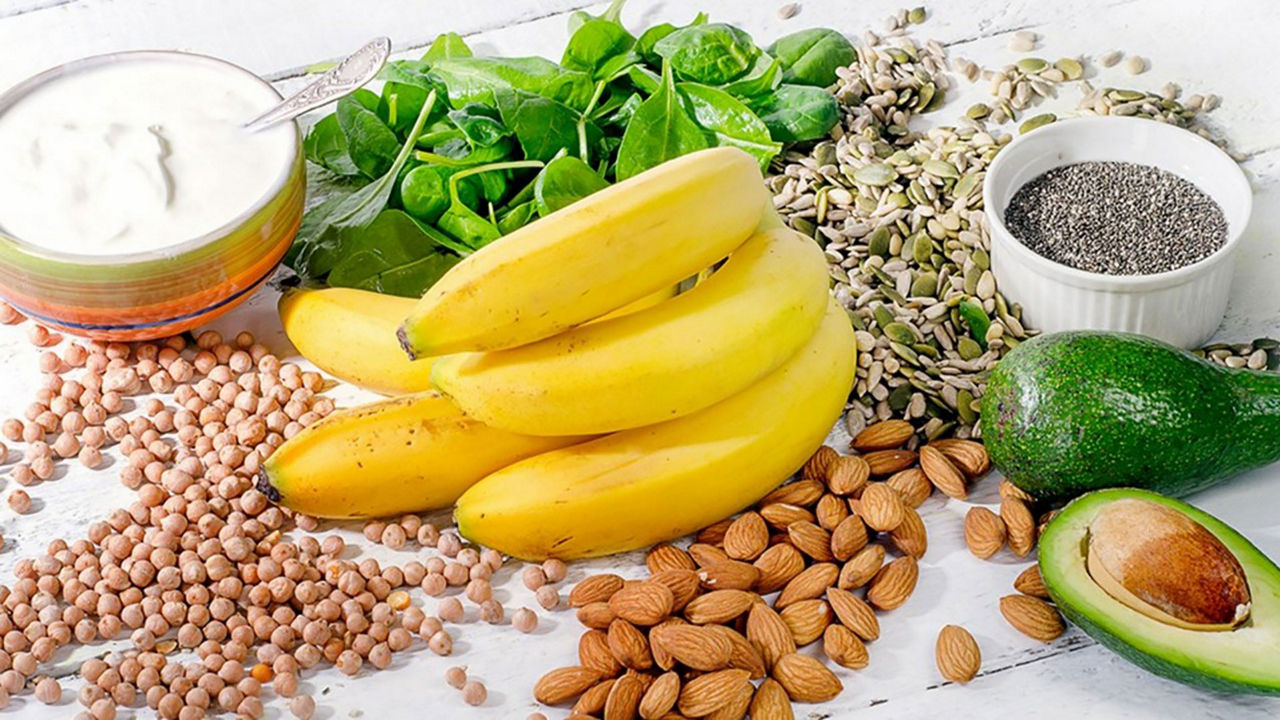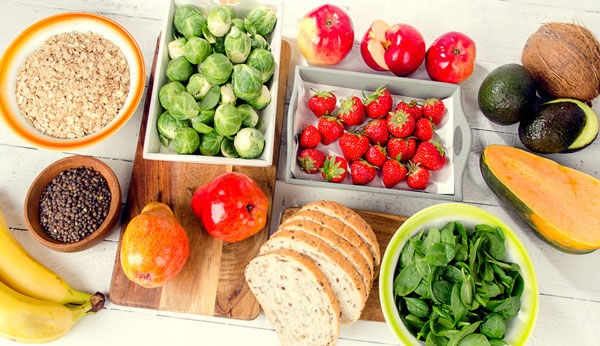Toddlers have very unique nutritional needs. They may be becoming more and more like a mini adult each day. However, that doesn’t mean that they require the same foods and nutrients as you do or as older children do. A toddler’s tummy is about 5 times smaller than an adults’ yet they require the same amount of iron as a 30 year old man. They also need 5 times more vitamin D per kilogram of body weight than an adult does.
When you think about these unique nutritional requirements it can appear overwhelming. But here are 5 easy steps that you can take now to prepare your baby for the growth and development that toddlerhood brings.
Toddlers need 3 main meals and 2-3 healthy snacks to keep their energy up and to provide them with a steady stream of nutrients. So work on getting them into this routine and including foods from each shelf of the food pyramid.
Toddlerhood can also be associated with the dreaded fussy eating stage. Fussy eating is a normal part of a toddler’s development. It may not happen until they are a little older but by making sure to offer them a healthy balanced diet now and helping them learn to love food from an early age, you may help to combat this down the line. Help your baby to love meal times by making them as fun and enjoyable as possible and also by making family meals a regular part of your routine. Let them get messy and get your baby involved in food from an early stage. Let them pick up and explore different foods and textures with their hands. Also offer them as much variety as possible so they are familiar with all flavours and textures.
Once they reach a year old, their meals should be providing their main source of nourishment. Milk will not play as important a role as it has up until this point. From a year on, they only need about 300ml of milk per day (Toddler milk or cow’s milk) so prepare them for this in advance by gradually reducing down their milk intake over the months prior to their first birthday. Also by 12 months old, all drinks other than breastfeeds should be from a cup/beaker and not a bottle.
Vitamin D is one important nutrient to keep an eye on as you head into toddlerhood. Research has found that almost 90% of toddlers (aged 1-3) are not reaching the recommended amount of vitamin D. Oily fish such as salmon, mackerel and herring along with eggs and fortified milks and cereals are good sources of vitamin D. So make an extra effort to include these foods on your baby’s menu now.






